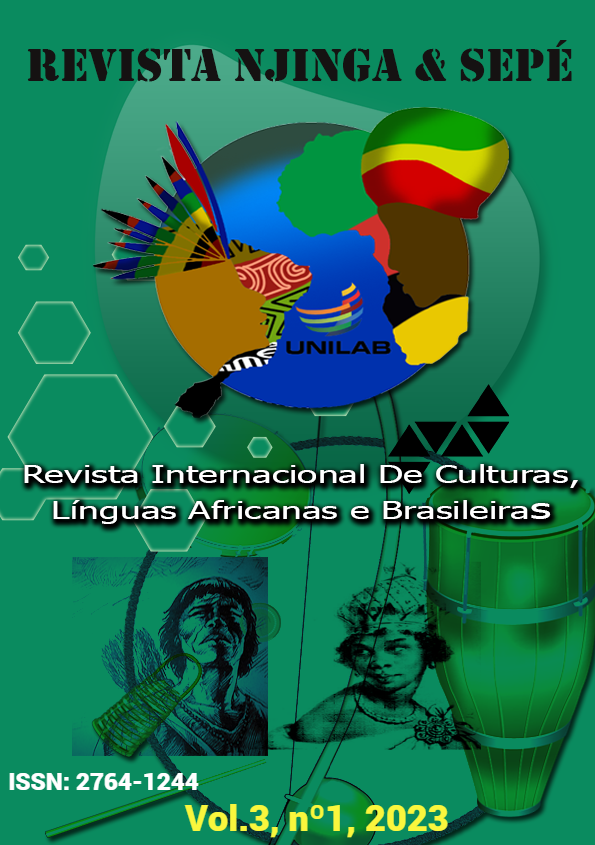Teachers as transformative agents: an interview of retired teacher mwalimu gatheca from njumbi village, murang’a county. Kenya
Resumo
The World Teachers day is celebrated globally on 5th October to highlight the rights, responsibilities and standards of teachers in their quest to impact the communities they live in. The first celebration of the World Teachers day was in 1994 to commemorate the anniversary of the adoption of the 1966 ILO/UNESCO Recommendation concerning the status of teachers around the globe (UNESCO[i]). According to UNESCO[ii] the theme for this year was, “The transformation of education begins with the teachers”. In Kenya celebrations were held in various education institutions right from basic to tertiary education. This is the one day, that a teacher is trending and several congratulatory messages are given to teachers by their learners. In this article, we celebrate a retired teacher Mwalimu Gatheca, who hails from a small rural community in Njumbi, which is located in the central part of Kenya. He is a respected elder in his community and though retired, he is not expired. He is still actively engaged in a transformative agenda in his community which has entailed harnessing energies of his community members who cut across gender, age and geographical divide.
Downloads
Referências
Downloads
Publicado
Como Citar
Edição
Seção
Licença
Copyright (c) 2023 NJINGA e SEPÉ: Revista Internacional de Culturas, Línguas Africanas e Brasileiras

Este trabalho está licenciado sob uma licença Creative Commons Attribution-NonCommercial-NoDerivatives 4.0 International License.
1.Autores mantêm os direitos autorais e concedem à revista o direito de primeira publicação, sendo o trabalho simultaneamente licenciado sob a Creative Commons Attribution License o que permite o compartilhamento do trabalho com reconhecimento da autoria do trabalho e publicação inicial nesta revista. A Revista usa a Licença CC BY que permite que outros distribuam, remixem, adaptem e criem a partir do seu trabalho, mesmo para fins comerciais, desde que lhe atribuam o devido crédito pela criação original. É a licença mais flexível de todas as licenças disponíveis. É recomendada para maximizar a disseminação e uso dos materiais licenciados.
2.Autores têm autorização para assumir contratos adicionais separadamente, para distribuição não exclusiva da versão do trabalho publicada nesta revista (ex.: publicar em repositório digital institucional ou como capítulo de livro), com reconhecimento de autoria e publicação inicial nesta revista.
3.Autores têm permissão e são estimulados a publicar e distribuir seu trabalho online (ex.: em repositórios institucionais ou na sua página pessoal, nas redes sociais) a qualquer ponto antes ou durante o processo editorial, já que isso pode gerar alterações produtivas, bem como aumentar o impacto e a citação do trabalho publicado (Trata-se da política de Acesso Livre).





